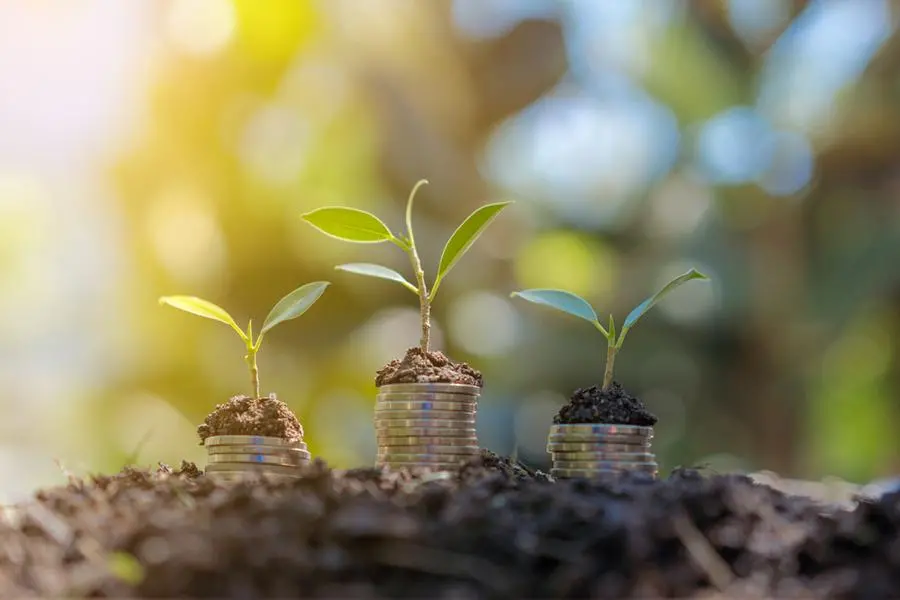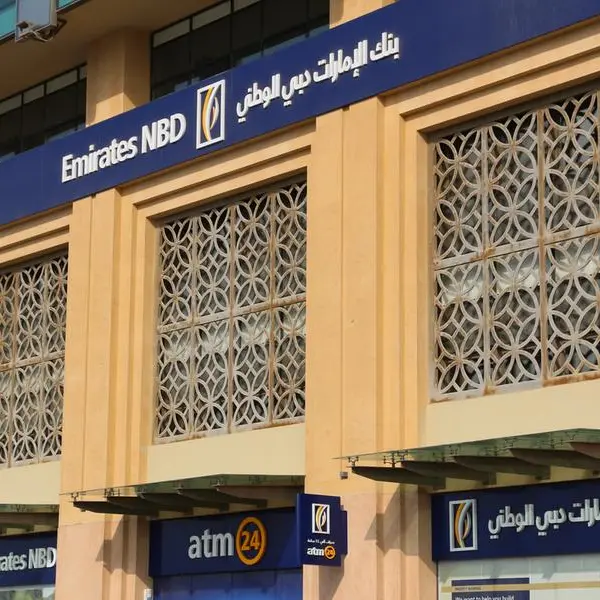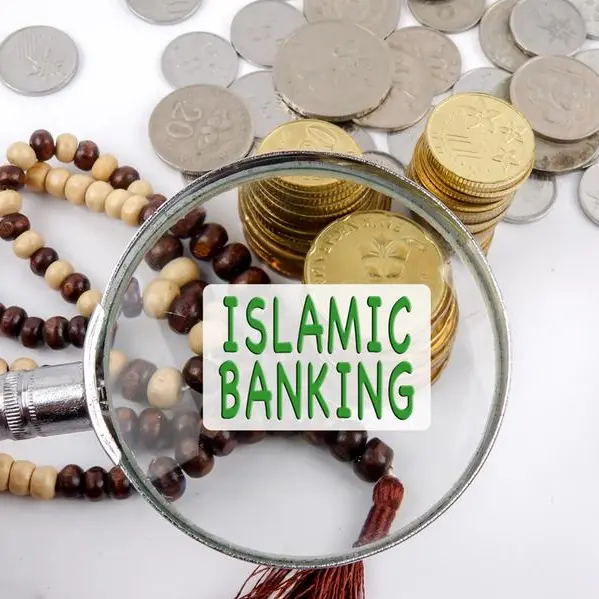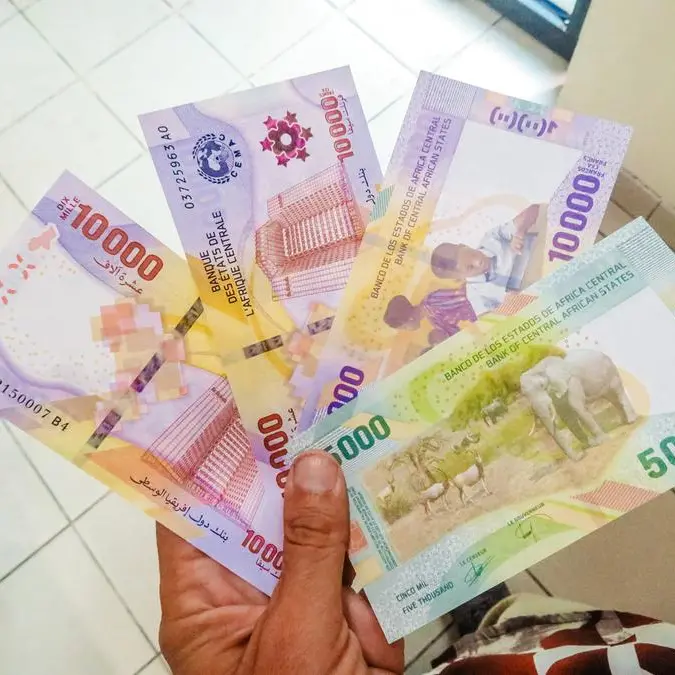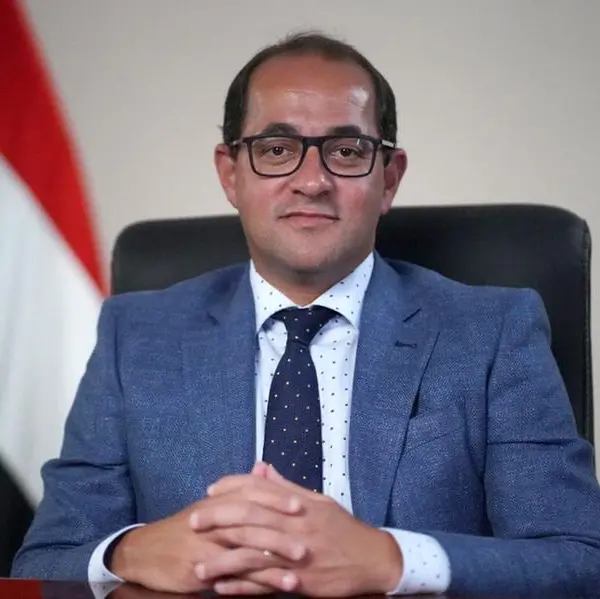PHOTO
Doha, Qatar: The momentum around environmental, social and governance (ESG) is growing in Qatar driven by various government initiatives, efforts to diversify the economy, and increasing requirements for sustainable activity disclosures and reporting.
Sustainable finance in Qatar holds significant potential on both the supply and demand sides. In 2024, Qatar’s sustainable finance reached new heights with the issuance of green bonds totaling $2.5bn, the first of its kind in the region to fund environmentally friendly projects , noted Invest Qatar in a report entitled ‘Sustainable Growth in Qatar – Road to ESG investing.’
The Qatar Central Bank (QCB) unveiled in 2024 its ESG and sustainable strategy, with the goal of establishing Qatar as a primary hub for sustainable finance. Sustainable finance is an emerging area that is rapidly gaining traction around the world. It is most succinctly defined as the process of taking environmental, social and governance (ESG) considerations into account when making financial investment decisions.
This initiative allows investors to engage in Qatar’s efforts to combat climate change while advancing the sustainable finance sector, following the successful launch of a $600m green bond by Qatar National Bank (QNB) in 2020.
The Qatar Financial Centre (QFC) also became the first in the Gulf Cooperation Council (GCC) to introduce a sustainable framework for Sukuk and bonds in 2022. Sustainable FDI is vital for achieving ESG goals, as it directs capital toward projects that support renewable energy, environmental conservation and social equity. By attracting sustainable FDI, countries can drive economic growth while integrating social and environmental considerations into business practices.
This investment not only creates jobs and facilitates transfers technology but also helps countries meet their ESG targets and build resilience against climate change impacts. Together, these goals and the various measures launched by the government and the private sector in Qatar present an investment opportunity of at least $75bn by 2030, the report noted further.
Qatar’s actions have been following its stated ambition and vision, and it has taken several initiatives. In particular, key milestones have been achieved in the path to sustainable development in the ecosystem development, buildings and transportation and energy sector.
The country is playing an active role in transforming its building standards towards higher sustainability levels by adopting the Global Sustainability Assessment System (GSAS) standards. The number of projects registered for GSAS certifications has been rapidly increasing thereby facilitating the transition towards green buildings.
In 2022, Qatar successfully hosted the first carbon-free FIFA World Cup Championship. This was the first FIFA World Cup to feature a dedicated programme to manage stadium energy, water and waste impacts through design, construction and operations. All eight tournament stadiums achieved Global Sustainability Assessment System building certification. The stadiums were designed to be reused and repurposed, with all but one of the arenas featuring demountable components. All the venues were accessible via public transport.
Qatar has set itself on the path of sustainability with the release of its historic Qatar National Vision 2030 (QNV 2030). The vision anchors the developmental activities along four pillars, the two being social and environmental development which lay the foundation of Qatar’s path towards ESG-guided development.
To materialise QNV 2030, Qatar has released a series of National Development Strategy (NDS), with the latest being the Third National Development Strategy (NDS3) for 2024-2030. NDS3 has specific targets for the promotion of sustainable development. It aims to conserve natural resources, protect ecosystems, reduce greenhouse gas emissions and build resilience against future environmental threats.
© Dar Al Sharq Press, Printing and Distribution. All Rights Reserved. Provided by SyndiGate Media Inc. (Syndigate.info).
